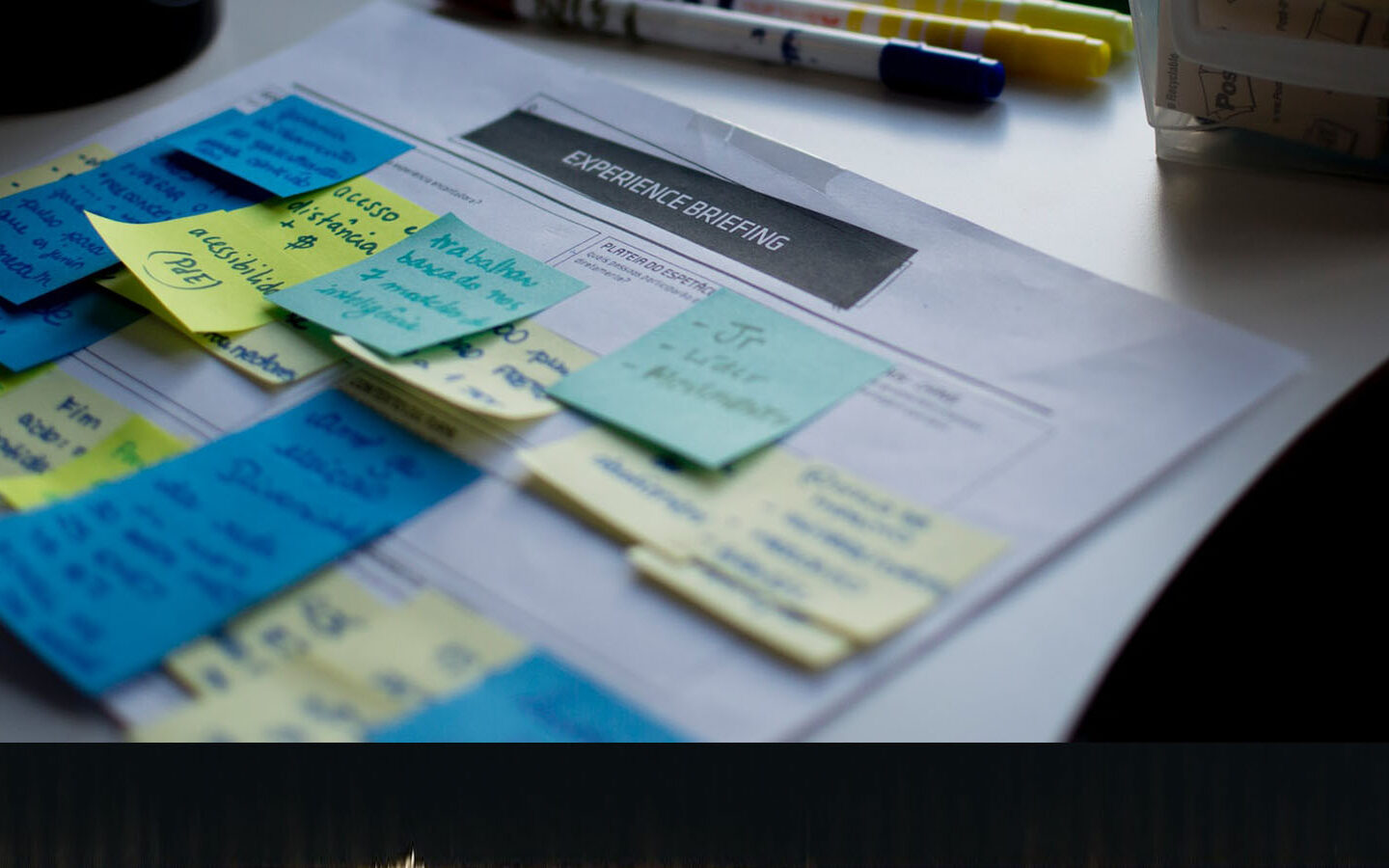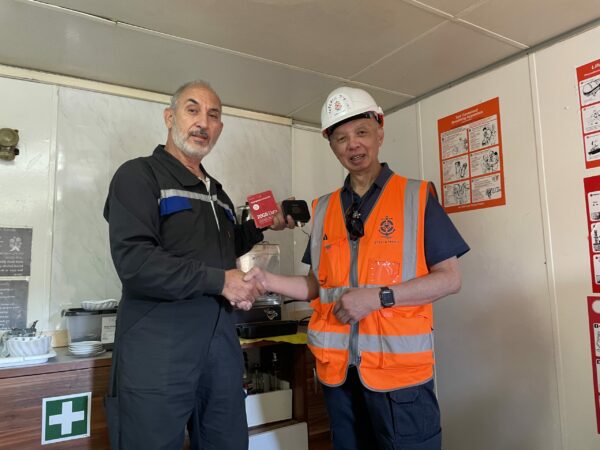
MNWB Welfare Projects
MNWB creates, operates and administers numerous projects to benefit seafarers’ welfare. In doing so it helps its Constituent Member organisations provide important welfare services, promotes the work of its Port Welfare Committees and provides welfare services itself. Whether it has been a short-term project providing Ukrainian seafarers with free SIM cards – with a generous data allowance – to allow them to contact their loved ones; ongoing programmes such as the MiFi project to provide seafarers visiting UK ports with free access to the internet; through to the long-term Vehicle Replacement Programme – which has been running over 15 years now – our aim remains the same: to improve welfare provision to seafarers.
Scroll down to view our recent and ongoing projects.
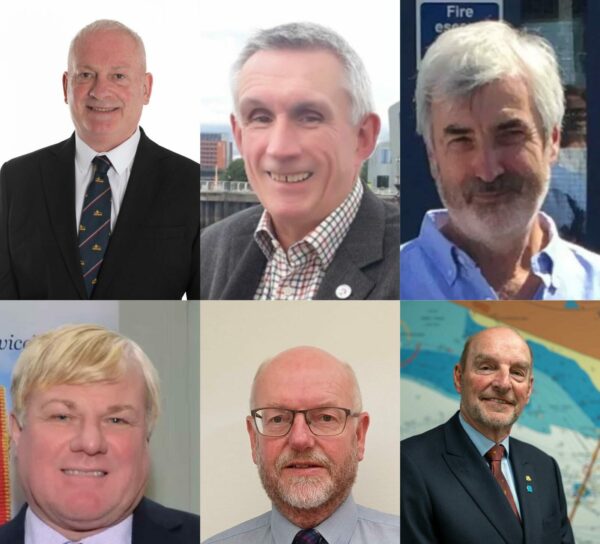
Ambassador Project
The Ambassador programme was created to reach out to our constituent member organisations, in order to strengthen the ties between us. The Board’s ambassadors – Gordon Foot, John Hood, Martin Phipps, Neil Atkinson, Paul Hayes and Trevor Bailey – are undertaking a programme of visits and presentations, all designed to promote and profile the work of the Board.
find out more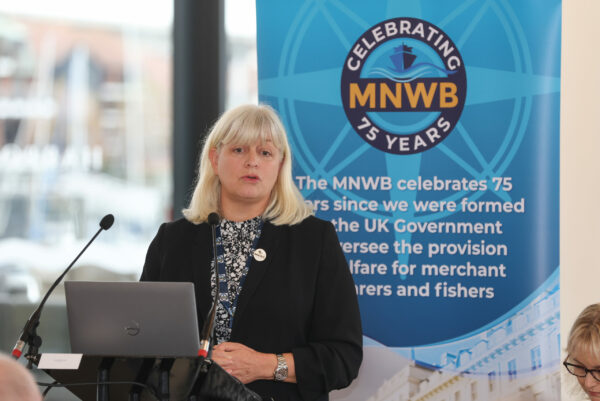
Equity, Diversity & Inclusion (EDI) Pilot Project
This pilot project is to raise awareness of EDI issues within the maritime charity sector – and is jointly funded by The Seafarers’ Charity, Trinity House and MNWB. The project was launched at the MNWB conference in November 2023 by Deborah Layde, The Seafarers’ Charity (pictured) and Sandra Welch, Seafarers’ Hospital Society. The project involves running workshops at various Port Welfare Committee (PWC) meetings throughout the year to look at both the welfare charities themselves and how individuals can best communicate with others outside their own identity group.
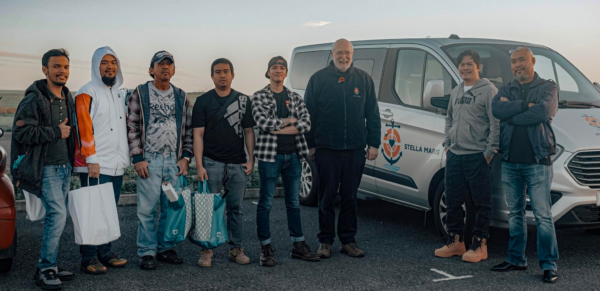
Vehicle Replacement Programme (VRP)
The maritime funding charities recognise the importance of seafarers’ centres and Port Chaplains having access to safe and reliable vehicles in order to deliver much needed port welfare services. As a result, the now annual vehicle replacement project, having started in 2008, gives substantial grants to help voluntary organisations purchase new vehicles. The project enables welfare personnel to undertake ship and home visits as well as transporting seafarers in and around the ports. The programme helps replace minibuses, MPVs and cars that remain essential to the provision of welfare services to our seafarers. In 2023 the programme was funded by TK Foundation, Trinity House and MNWB; while funding for 2024 is courtesy of the Department for Transport and ourselves.
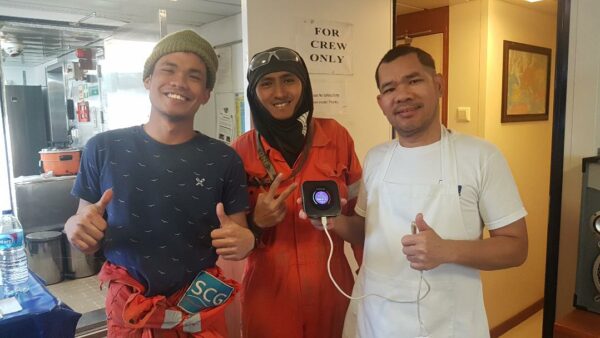
UK Port Welfare MiFi Partnership Project
The UK Port Welfare MiFi Partnership project is jointly funded by the Department for Transport, Trinity House and ourselves. It was initially created back in April 2019 and has recently been renewed for another year, with funding in place to see the project through to July 2024. The project provides 38 mobile internet hot-spots that can be taken on board ships to allow the crew to download or stream films/TV, contact their family and friends or simply catch up on what is happening in the world. Each device comes with unlimited data each month and allows 10-15 people to log-on at a time. The devices are spread throughout the UK with representatives of the participating welfare societies – Aberdeen Seafarers’ Centre, The Fishermen’s Mission, Liverpool Seafarers’ Centre, The Mission to Seafarers, Queen Victoria Seamen’s Rest (QVSR), Sailors’ Society and Stella Maris – and have proved to be a popular addition for both seafarers and the ship visitors.
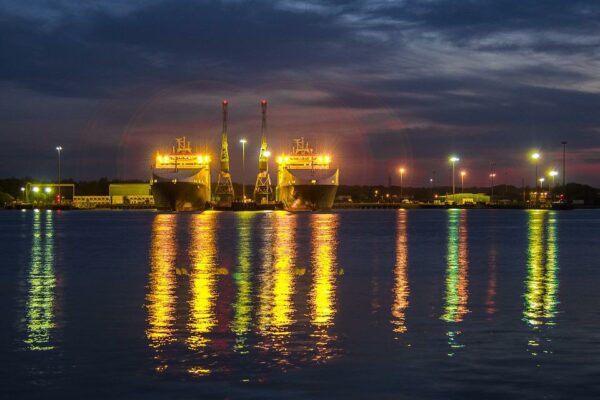
Port Welfare Accreditation Project
The aim of the Port Welfare Accreditation Working Group is to create a voluntary and industry wide Code of Practice aimed at setting and driving up standards for seafarers’ welfare in all UK ports, under the auspices of MLC, 2006 and ISPS. A basic minimum standard in port welfare provision should be expected by visiting seafarers. Membership of the Working Group is made up of a small number of specially selected personnel with extensive knowledge of port operations, UN conventions/resolutions, and provision of ‘front line’ port welfare services. The Working Group will determine how the NSWB might best assist ports to set standards that encourage and enable them to better support the welfare of serving domestic and foreign seafarers and fishermen. Notwithstanding UN agency conventions/rules, Port State & ITF Inspections, there is no known simple voluntary system in place to motivate and accredit the setting of such standards, specifically for ports. Through a simple, self-assessment system, ports could aspire to drive up welfare standards beyond the base standard of MLC and areas to be improved on could be set out in levels of accreditation for all ports.

